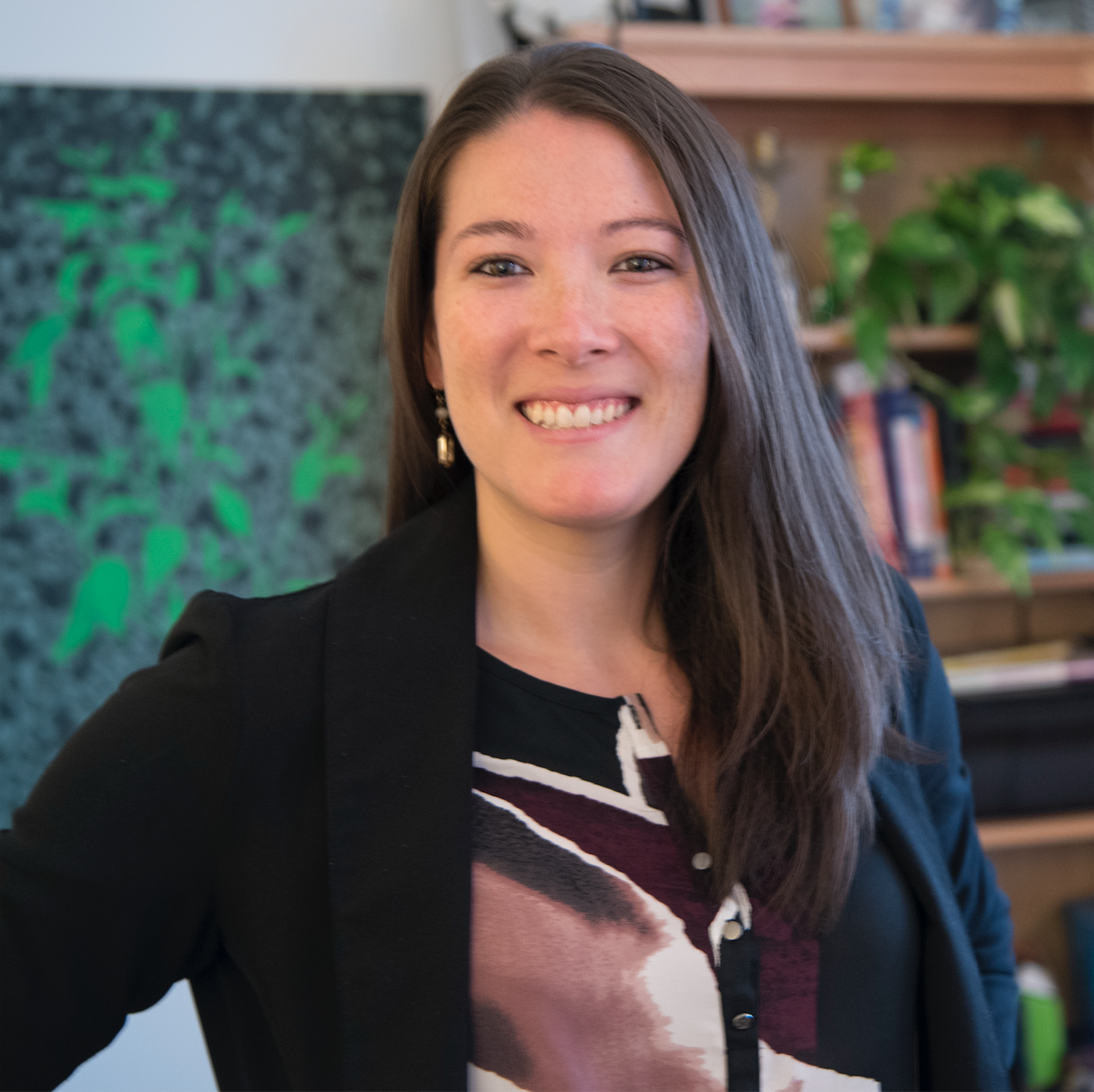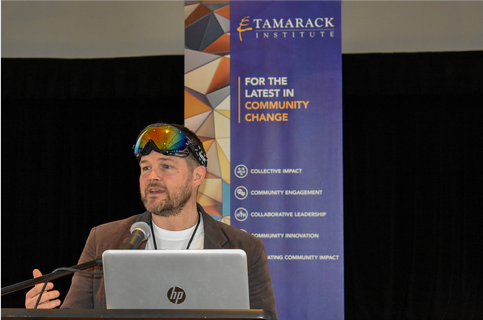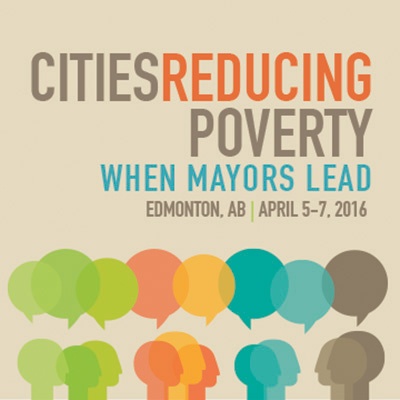How do we engage authentically?
There’s really no systematic way of doing so. No bullet list will unlock the secret for an organization or collective to engage authentically without each of us being authentic individuals. After all, organizations are simply entities comprised of people – comprised of us.
In our effort to professionalize the non-profit sector, we’ve forgotten how to interact with and care for people as people. We all want to be respected, heard, included, and made to feel like the contributions we make are important and valued. We all want to trust and be trusted.
I recently had the opportunity to attend a refugee info session for new sponsors. One of the big Aha’s! of the day was to treat people as people, not projects. Of course, as humans we’re not perfect. We stumble, sometimes get it wrong. But it is important that when we do, we pause, admit when we’ve gotten it wrong, and course-correct.
Easy to say in theory, more difficult in practice, right?
With so many policies, hierarchies and funding and deadline constraints, how do we show up with appreciative inquiry, rather than coming with a pre-determined agenda asking community members to buy into our plans and priorities? How do we fully invest in relationships?
Here is an example: Poverty Solutions Halifax. Their learning journey hasn’t been a perfect process. It’s been messy and complex. It is an example of engaging, listening, getting it wrong, re-learning, and re-acting.
Their Collective Impact, by virtue of the leadership team, was unreflective of the community as a whole. As a result, traditionally under-served communities again lacked established communication channels and trust to provide their insights throughout the development process. When the community came together to provide feedback, it was clear that certain communities, particularly African Nova Scotian, Indigenous communities, and rural residents weren’t adequately involved.
Despite the thoroughness of their engagement plan, particularly including all four sectors, the reality was that each community had a very different context with different intricacies. The key in their case was being truly open to feedback from the community and pivoting when they heard there were serious issues with the process. Adapting to what they heard was the first step in establishing trust and forming new partnerships.
They paused, reflected and re-strategized. The lead organization, United Way Halifax, internalized the lessons learned from the collaborative process and is using them to shift the way the people and the organization itself works, which will make a difference for all of their future projects as well. They are strengthening partnerships with the African Nova Scotian and Indigenous communities, are going on a journey of reconciliation and trust-building, and making intentional efforts to go out into the community to engage people where they are.
Importantly, United Way staff and volunteers are doing cultural humility training. They are learning about Indigenous history and current reality through the Mi’kmaw Native Friendship Centre, are participating in blanket exercises, having Kitchen Table Dialogues, watching a documentary series on cultural humility, planning visits to many community organizations such as the Black Cultural Centre for Nova Scotia, and more.
You can download the case study about their learning journey, here.
We can’t ask organizations to authentically engage without us, as people, walking that walk; just as we can’t ask organizations to journey on a path of reconciliation without us, as people, taking on our own personal reconciliation journey first or alongside our organizations.
Think about how you interact with valued family, friends and colleagues on a regular basis. What are the 5 key things that are important in those relationships? Now consider, does your organization’s or collaborative’s community engagement practices reflect these principles? If not, what can you do as a person, to re-humanize the process?
Learn More:
-
Read the Case study: Authentic Engagement – A Learning Journey
-
Read reflections from Sylvia Cheuy on - Trust: An Essential Ingredient in Authentic Community Engagement
-
Check out the paper The Context Experts by Lisa Attygalle
-
Dive deep into Turf, Trust, Co-Creation and Collaboration by Liz Weaver












